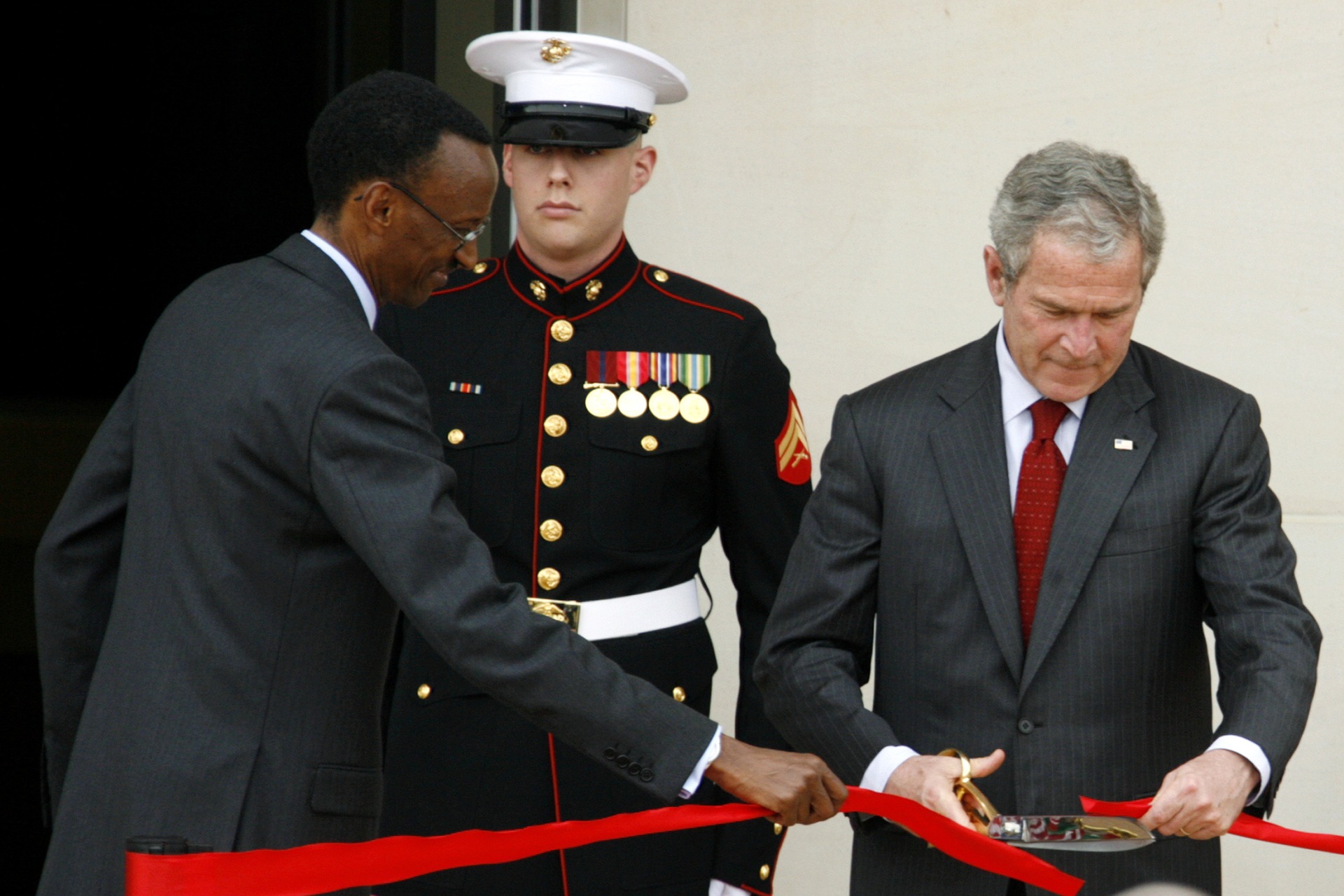Eighty Years of U.S. Policy Toward Africa, Now in One Place

By experts and staff
- Published
By
- John CampbellRalph Bunche Senior Fellow for Africa Policy Studies
Until now, there has not been a comprehensive survey of U.S. policy toward Africa for either the specialist or the general reader. Now, happily, there is. Herman J. Cohen (‘Hank’) has just published U.S. Policy Toward Africa: Eight Decades of Realpolitik, covering fourteen U.S. administrations. It is hard to think of anyone as qualified as Ambassador Cohen to undertake such a work. A career Foreign Service Officer, Hank Cohen was, inter alia, charge in the Democratic Republic of Congo, ambassador to Senegal, senior director for Africa at the National Security Council, and assistant secretary for Africa at the U.S. Department of State. He entered the Foreign Service in 1955 and has been present as a participant or an observer throughout the sweep of U.S.-African relations, from the African pre-independence period right up to the present.
Ambassador Cohen’s study is specifically of official U.S. policy, not of the myriad other links to Africa. He makes extensive use of documents declassified and published by the Historian of the Department of State. That series, published in hard copy and also online, is The Foreign Relations of the United States (FRUS). Volumes are usually published about thirty years after the events they cover.
Often overlooked by contemporary commentators, Ambassador Cohen explores the fact that the United States not having been a colonial power in Africa, though it was elsewhere, and its positive impact on U.S. relations to Africa. He covers important episodes, among many other things, such as the decolonization of Congo, the Nigerian civil war, the Bush administration’s establishment of the President’s Emergency Plan for AIDS Relief (PEPFAR), and the establishment of the Development Finance Corporation under the Trump administration.
Cohen organizes his material chronologically by presidential administration, concluding with the first two years of the Donald Trump presidency. Through his narrative, he shows the bipartisanship and continuity of successive Washington administration policies toward Africa. Even in the recent partisan and polarized political atmosphere in the United States, he shows that this bipartisanship has persisted. The general reader will be encouraged by the competence of policymaking toward Africa that Cohen elucidates.